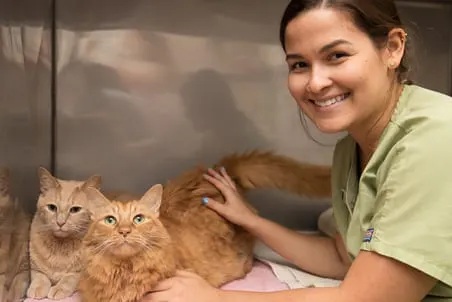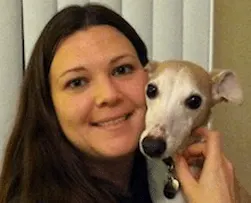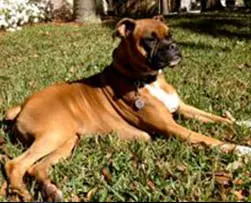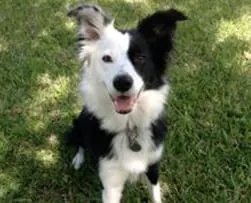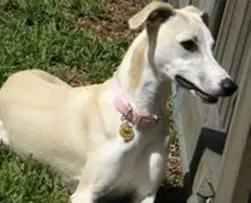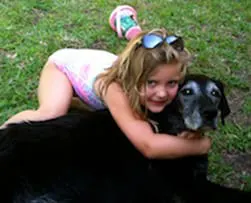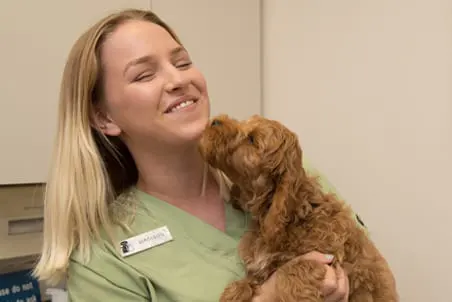
Spay and Neuter: Why Is It Important?
Spay and neuter goes hand-in-hand with our philosophy that every pet deserves quality medicine and a chance to live a long, healthy life. Furthermore, preventing animal pregnancies helps to reduce the number of stray dogs and cats entering animal shelters every year. Our pet hospital in Newberry, FL is committed to educating and supporting clients so they can make the best decisions for their pets' interests. When you schedule your pet's spay or neuter surgery, we want you to know that they're in caring, capable hands. Safety and pain management are major priorities and our veterinary team holds itself to the highest standard for every procedure we perform. If you ever have any questions relating to your pet's spay or neuter surgery, we're happy to provide answers.
Choosing the Right Time to Spay/Neuter Your Cat or Dog
Our veterinarians and veterinary staff believe that it is essential to tailor care to each individual patient. While we generally recommend spaying and neutering pets at 5-6 months old, this can vary. With females, we often try to schedule their surgery before their first heat cycle to decrease cancer risks but we also consider other health factors. Large breed dogs often need to wait until they are almost a year old, as they need more time to grow and develop. Additionally, if your pet has more pressing health issues, we may delay their surgery to address those first.
Improving Your Pet's Quality of Life
There are multiple benefits that spaying and neutering can provide to help dogs and cats enjoy happier, healthier lives:
Spaying
- Prevents females from becoming pregnant.
- Can greatly reduce roaming behaviors and loud vocalizing (especially in cats).
- Reduces mammary and ovarian cancer risks.
- Prevents pyometra, a life-threatening infection of the uterus.
Neutering
- Helps to reduce aggressiveness in males.
- May reduce or eliminate roaming, vocalizing, and inappropriate mounting behaviors.
- Reduces prostate and testicular cancer risks.
- Reduces risks of developing perineal hernias and tumors.
Consult with Your Veterinarian
Surgery for your pet is not a pleasant prospect even under the best circumstances, but we can make the process easier for you. Our veterinarians and veterinary staff would love to give you more information about your pet's procedure and help you anticipate the next steps. Whether you have concerns and questions before or after their surgery, call the animal hospital at (352) 331-7050 and we will assist you however we can.
